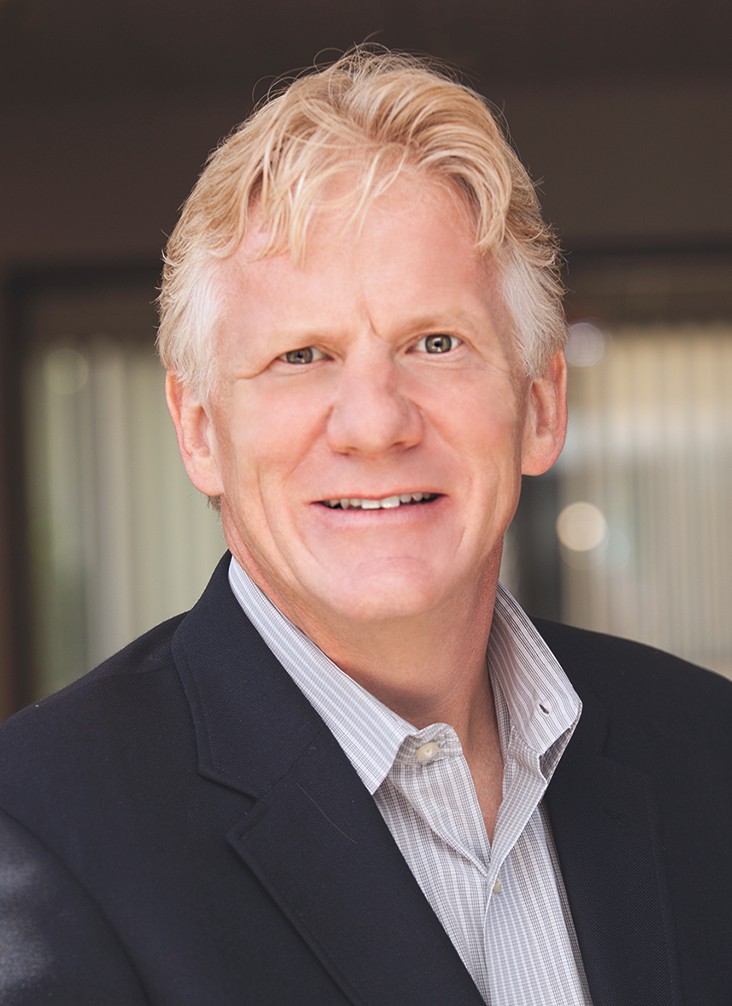Host Jay Anders, MD sits down with Nick van Terheyden, MD and discusses his long career as a physician leader and business strategist who has dedicated much of his career to improving physicians’ lives and the way they work. Dr. Nick, as he is generally known in health IT circles, is currently digital health leader and principal at ECG Management and radio host of HealthcareNow Radio’s The Incrementalist podcast.
Listen to the full podcast here or on your favorite podcast platform.
Dr. Anders notes that the conversation will focus on innovation pertaining to voice recognition and dictation and how they impact physicians doing their work. He kicks off the discussion by reflecting on his experience through the years using voice recognition and dictation tools. Dr. Anders estimates he dictated over 100,000 notes throughout his career and purchased almost every voice recognition software ever created. These solutions have evolved over the years, leading some to believe that voice recognition and ambient listening tools could be the panacea to everything that is causing physician burnout and physician documentation issues because the technology works magically in the background and eliminates the need for physicians to manually input information into the EMR.
Creating technology to make clinicians’ lives better
Dr. Nick shares that throughout his career he has always tried to put himself in the clinician’s shoes and make their lives better. However, he realizes that at times the technology he helped create actually took physicians away from their primary desires and goals, including face-to-face time with patients. Yet he has seen speech and voice recognition technology improve over the years and today it’s become a pervasive technology that is a simplifier for many clinicians.
Dr. Anders asks Dr. Nick about his thoughts on the use of microphones in exam rooms to capture clinical documentation, including what he perceives as potential drawbacks. Dr. Nick shares that he worked on this type of solution years ago, and while they were tremendously excited about the potential, it was quickly apparent that much of medical decision making didn’t take place in an audio format. In addition, the exam room conversation included extraneous information that was important to personal interaction but should not be part of the clinical note. Because of these limitations, early attempts of ambient listening were met with more resistance that he had expected.
Subsequently, however, the technology has gotten more agile and human-like in its ability to identify what is and is not relevant and to infer information based on the conversation. Dr. Nick sees a huge upside for physicians to reduce note-taking, though he admits the complete process across the whole of medicine is hard to do and we are not quite there.
Technology to solve other problems
Dr. Anders shifts the conversation a bit and asks Dr. Nick how he thinks technologies like NLP and AI can help combat problems like physician burnout, especially in light of new interoperability standards and increased data sharing between providers. In particular, Dr. Anders wonders how these technologies will be added into clinician workflows and help them take better care of their patients.
Dr. Nick’s perspective is that the ability to bring the digitization of information closer to real time offers the potential to provide clinicians with integrated, data-driven insights. He supports the use of filtering tools that enable data views that match the terminology and desires of a physician, versus a nurse, versus a patient – because health literacy comprehension and data needs vary between stakeholders. He believes we must filter data and present it in a form that allows for consumption without overwhelming the individual and gives them the capacity to absorb the knowledge. With the right filtering and a superior presentation, clinicians are able to apply much more decision-making.
In terms of other trends coming down the pike, Dr. Nick sees a big opportunity with the move to the home. He believes this shift will drive innovations, such as passive and personalized monitoring tools that use AI to ensure that patients are safely supported in their home.
If there were one thing you could change…
Dr. Anders closes the podcast with his signature question, “If there were one thing in healthcare or healthcare IT you could change, what would it be?”
“The personalization of the service to the individual,” says Dr. Nick. He believes that technology needs to deliver personalized service so that it provides an easy, frictionless experience that makes you say, “Wow, I love healthcare.”
